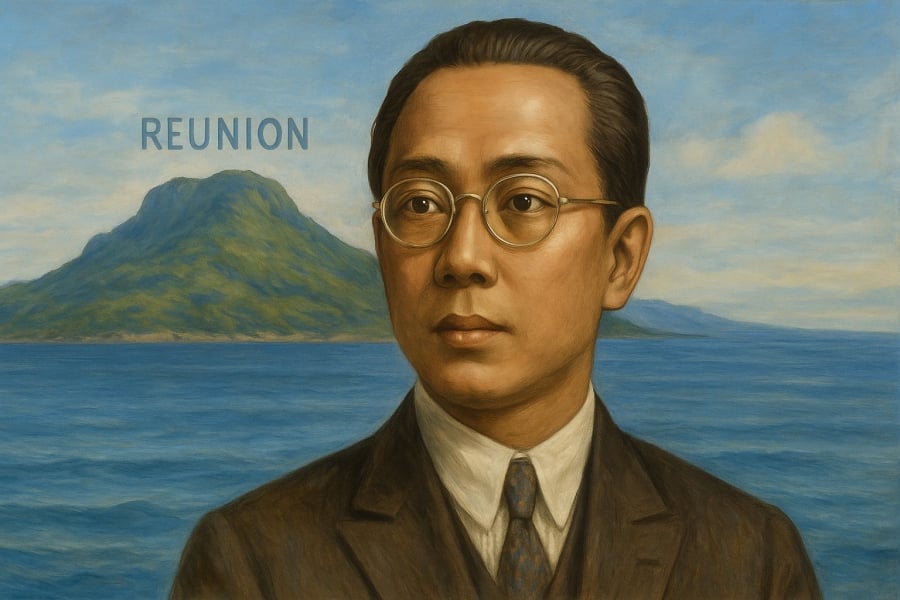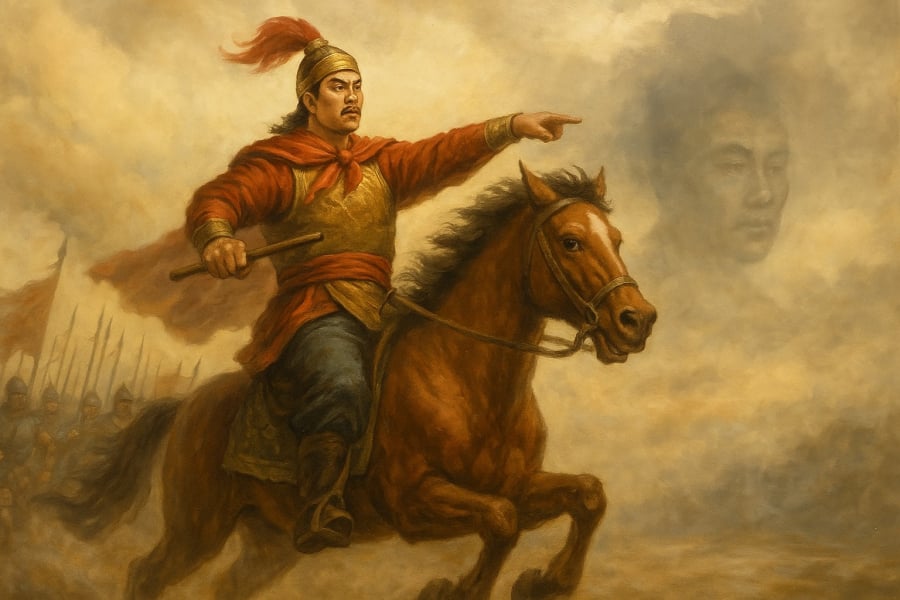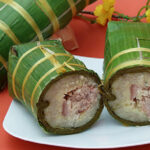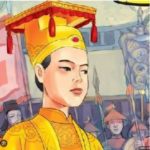King Duy Tan: Exile, Accident, or Political Conspiracy?
King Duy Tan (Nguyen Phuc Vinh San) ascended the throne in 1907 at the young age of seven. Despite his youth, he soon displayed a strong spirit of patriotism. Along with Thai Phien and Tran Cao Van, he secretly participated in a plot to revolt against the French in 1916. Following the plot’s failure, he was exiled to the island of Réunion for 30 years.
In 1945, as Vietnam’s political landscape shifted, the French government agreed to bring him back as a leader. However, just before his planned return, King Duy Tan perished in a mysterious plane crash in Central Africa.
To this day, scholars question whether this was truly an accident or a political scheme to prevent him from returning to Vietnam in a new leadership role.

King Kien Phuc: Palace Poisoning or Victim of a Deeper Plot?
King Kien Phuc reigned for only eight months (1883-1884) before his sudden death at the age of 15. Official records state that he succumbed to an illness, but folk histories and rumors suggest that he was poisoned.
Unofficial historical accounts indicate that he may have discovered a clandestine relationship between his adoptive mother, Tu Du, and the powerful eunuch Nguyen Van Tuong. His unexpected death led many to believe that he fell victim to a plot to silence him.
While there is no concrete evidence to support this theory, the abrupt passing of such a young king remains a historical enigma.
King Quang Trung: Sudden Death After Victory or Foul Play?
King Quang Trung (Nguyen Hue) is considered one of the most brilliant monarchs in Vietnamese history. Within a few short years, he unified the country and defeated the 290,000-strong Qing army in the spring of 1789.
However, just four years after this triumph, he suddenly passed away in 1792 at the age of 40. His death is attributed to an unspecified illness, but historians question whether political enemies or slow-acting poisons played a role.
Historian Dr. Nguyen Nha, in an interview with ZingNews, lamented: “Quang Trung’s premature death was a great loss for the nation, and the lack of transparency around the cause has left generations with unanswered questions.”

King Le Thai Tong: A Fatal Night in Co Le and the Nguyen Trai Poisoning Scandal
Le Thai Tong was a renowned enlightened ruler of the early Le dynasty. In 1442, during a visit to the province of Tuyen Quang, he stopped at the residence of Nguyen Trai, a prominent statesman, in Le Chi Vien (present-day Gia Lam, Hanoi). On that fateful night, he suddenly died.
This incident led to the accusation of poisoning against Nguyen Trai and his entire family, resulting in their execution. However, King Le Thanh Tong (son of Le Thai Tong) later exonerated Nguyen Trai, declaring him a victim of false accusation.
Despite this, the true cause of King Le Thai Tong’s death remains a historical mystery, forever linked to the tragic story of the loyal statesman Nguyen Trai.
King Tran Thai Tong: Reclusive Retirement or Political Intrigue?
King Tran Thai Tong founded the Tran dynasty and is known for his early abdication and reclusive lifestyle. He stepped down in 1258, passing the throne to his son Tran Thanh Tong, and lived as a recluse for an extended period.
However, the latter part of his life is sparsely documented in historical records. His withdrawal from politics and silent demeanor have led to speculation about possible political turmoil that may have forced him into the shadows.
While his life didn’t end in a mysterious death like the others, his prolonged silence and the unclear cause of his passing still leave room for conjecture.
King Dinh Tien Hoang: Assassinated by His Own Courtier – A Power Struggle or Personal Vendetta?
King Dinh Tien Hoang established the Dinh dynasty, ending the turbulent era of the Twelve Warlords. In 979, he and his son, Dinh Lien, were assassinated in the Hoa Lu palace by their courtier, Do Thich.
The official reason given was that Do Thich had a dream of becoming a king himself. However, this explanation is far-fetched, leading many researchers to suspect a deeper political conspiracy.
Historian Tran Trong Kim wrote: “The assassination of King Dinh was not merely a matter of a courtier’s dream but likely the culmination of a political plot of that time.”
Conclusion: Unanswered Questions and the Quest for Historical Truth
The enigmatic deaths of these Vietnamese rulers reflect the turbulent nature of feudal politics. Even centuries later, each case remains an incomplete piece in the puzzle of our nation’s history.
Investigating and clarifying these deaths is not only the responsibility of historians but also the rightful demand of the people, who seek to understand their past accurately to build a better present and future.
The Ultimate Guide to Cooking Delicious Sticky Rice for Bánh Tét
Everyone wants to try their hand at making a delicious and traditional Vietnamese sticky rice cake, but the secret to a truly mouth-watering bánh tét lies in mastering the art of frying glutinous rice. Learn from the pros and discover the time-honored techniques for frying sticky rice to perfection. It’s a skill that will elevate your bánh tét to new heights of deliciousness!


































